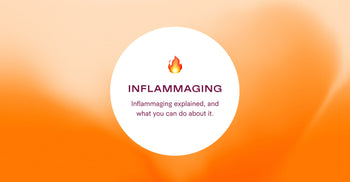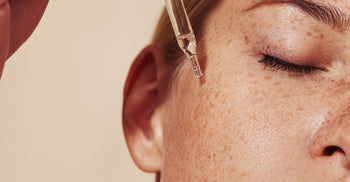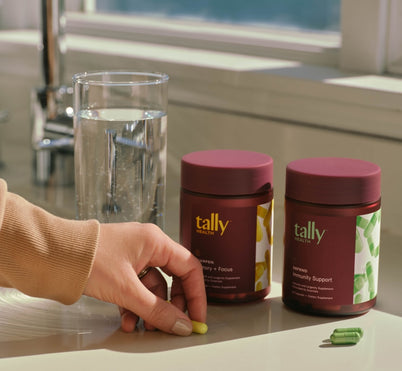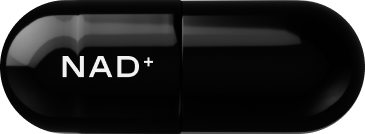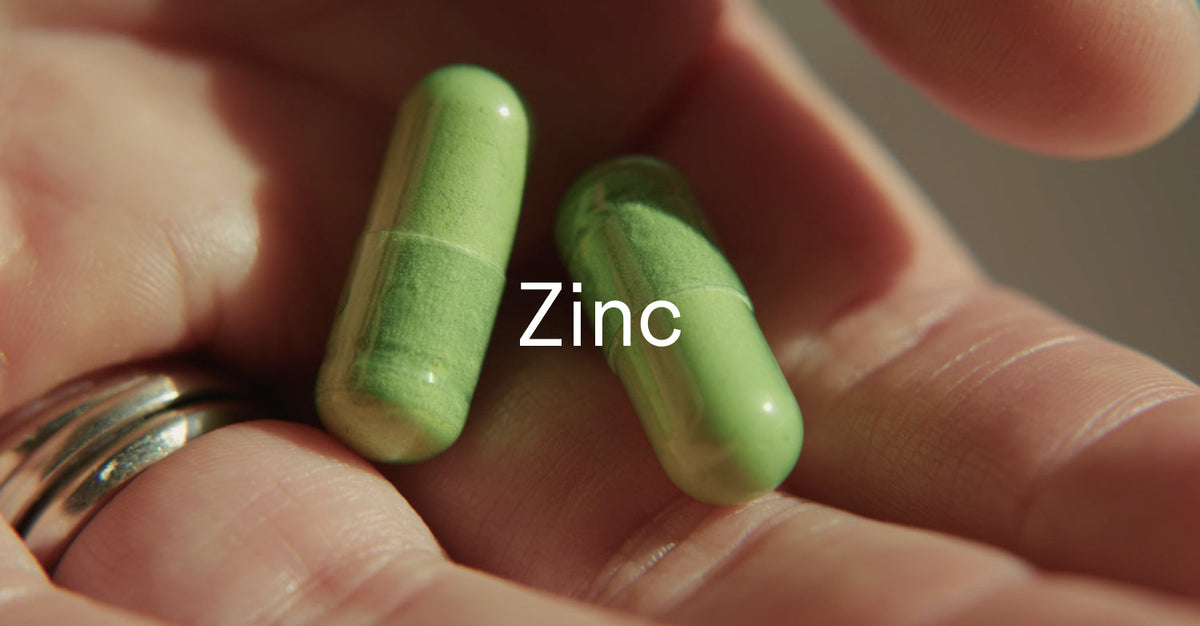

Zinc might not get as much attention as vitamin C or vitamin D, but it’s one of the most essential nutrients for the human body. This trace mineral supports everything from immune system defense and wound healing to DNA synthesis and cell growth. Yet, millions of people worldwide have inadequate dietary intake of zinc—sometimes without realizing it.
Let’s dive into the benefits of zinc, how much you really need, what happens if you don’t get enough, and when zinc supplementation makes sense.
The Key Health Benefits of Zinc

Zinc plays a surprisingly large role in keeping the body functioning properly:
Immune defense: Zinc supports the development and activation of immune cells, helping your body fight off infections and reduce inflammation. Research shows low zinc can weaken immune response and increase the risk of zinc deficiency–related infections, like the common cold.
Wound healing: Zinc is essential for repairing damaged cells and promoting tissue growth. People with severe wounds or slow wound healing often have poor zinc absorption or insufficient intake.
Skin health: Zinc supports the barrier function of skin, helping protect against irritants and bacteria. Zinc oxide is even used in sunscreens and ointments.
Growth and development: Adequate zinc levels are critical during periods of rapid growth, including childhood, adolescence, pregnancy, and lactation.
Cellular function: Zinc supports DNA synthesis, protein building, and normal cell division, making it indispensable for lifelong health.
Zinc Deficiency: Are You at Risk?

Globally, zinc deficiency is one of the most common nutrient shortfalls. In the U.S., moderate deficiency may occur in people with digestive disorders, poor appetite, or plant-based diets (since plant foods often contain phytates that can inhibit zinc absorption).
Common symptoms of zinc deficiency include:
Delayed or slow wound healing
Hair loss
Poor appetite
Growth failure in children
Skin irritation
Increased infections from a weaker immune system
More severe zinc deficiency can cause delayed wound healing, low serum zinc, and even milder forms of growth problems in children.
Populations at higher risk include:
Pregnant women and lactating women
People with digestive disorders or poor absorption
Individuals on strictly plant-based diets
Older adults with low dietary intake
How Much Zinc Do You Really Need?

In individuals aged 19+ years, the Food and Nutrition Board of the National Institutes of Health sets the Recommended Dietary Allowance (RDA) for zinc as:
Adult men: 11 mg/day
Adult women: 8 mg/day
Pregnant women: 11 mg/day
Lactating women: 12 mg/day
Getting enough zinc from diet alone can be tricky. While animal foods like oysters, red meat, and poultry are rich sources of dietary zinc, plant-based foods like pumpkin seeds, beans, and whole grains also contribute—though they often have lower zinc absorption.
If you’re not sure about your zinc intake, your healthcare provider can check your serum zinc levels.
Zinc Supplements: When and How to Take Them

For many people, adding zinc-rich foods to a balanced diet is enough. But when intake falls short, zinc supplements can help maintain normal levels.
The most common forms include:
Zinc gluconate (often used in lozenges for the common cold)
Zinc oxide (topical and oral forms)
Other supplemental zinc options found in multi-nutrient supplements
At Tally Health, our Defend supplement includes zinc alongside vitamin C and other nutrients that support immune health. This combination is designed to strengthen your immune system while also promoting skin health and cell repair.
Can You Take Too Much Zinc?
While zinc is critical for human health, more isn’t always better. High doses of zinc can cause zinc toxicity, leading to nausea, digestive issues, and even interfering with the absorption of other nutrients like copper.
Excess zinc intake over time can also impair immunity—the very thing it’s meant to support. The tolerable upper intake level for adults aged 19+ years is 40 mg/day, according to the NIH.
So, how much zinc should you take? Stick to adequate amounts based on the RDA unless your doctor recommends otherwise.
Zinc Benefits at a Glance

Supports immune function and reduces inflammation
Promotes wound healing and skin health
Essential for growth, reproduction, and DNA synthesis
May reduce the duration of the common cold
Important for populations with increased zinc needs, like pregnant women, children, and older adults
If you’re struggling with inadequate zinc intake or zinc deficiency symptoms, adding a zinc supplement may help.
The Bottom Line

Zinc is an essential mineral with far-reaching roles in the human body. Whether through dietary zinc from oysters, pumpkin seeds, and dairy products—or through carefully designed zinc supplementation—this mineral supports immunity, repair, and lifelong vitality.
Tally Health’s Defend supplement provides a science-backed source of zinc, paired with vitamin C and other nutrients, to help keep your immune system strong and your body functioning properly. Because when it comes to longevity and resilience, getting enough zinc is non-negotiable.
References
Gibson et al. A Review of Dietary Zinc Recommendations. Food Nutr Bull 2016; https://doi.org/10.1177/0379572116652252
Li et al. Zinc Intakes and Health Outcomes: An Umbrella Review. Front Nutr 2022; https://doi.org/10.3389/fnut.2022.798078
Stiles et al. Role of zinc in health and disease. Clin Exp Med 2024; https://doi.org/10.1007/s10238-024-01302-6
Chasapis et al. Zinc and human health: an update. Arch Toxicol 2012; https://doi.org/10.1007/s00204-011-0775-1
Roohani et al. Zinc and its importance for human health: An integrative review. J Res Med Sci 2013; https://pmc.ncbi.nlm.nih.gov/articles/PMC3724376/
What are the health benefits of zinc?
Zinc plays a surprisingly large role in keeping the body functioning properly such as immune defense, wound healing, skin health, growth and development, and cellular function.
What are common side effects of zinc deficiency?
Common symptoms of zinc deficiency include:
Delayed or slow wound healing
Hair loss
Poor appetite
Growth failure in children
Skin irritation
Increased infections from a weaker immune system
How much zinc do you really need?
In individuals aged 19+ years, the Food and Nutrition Board of the National Institutes of Health sets the Recommended Dietary Allowance (RDA) for zinc as:
Adult men: 11 mg/day
Adult women: 8 mg/day
Pregnant women: 11 mg/day
Lactating women: 12 mg/day
